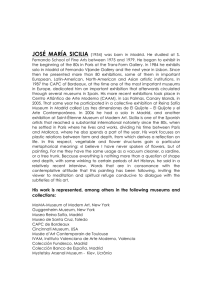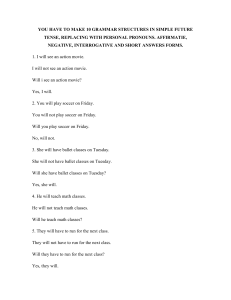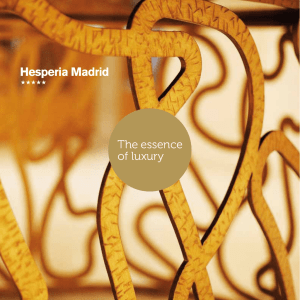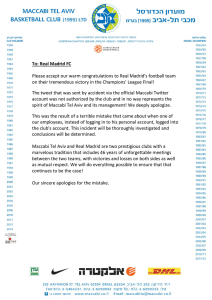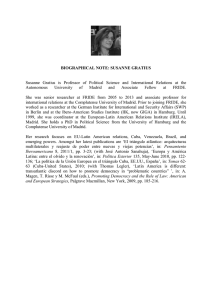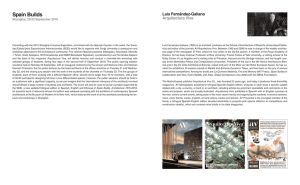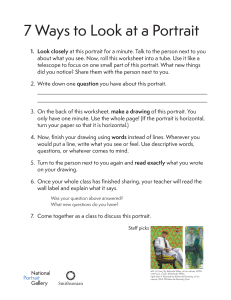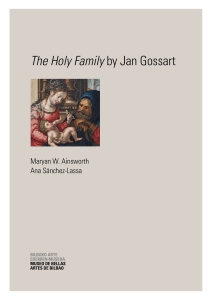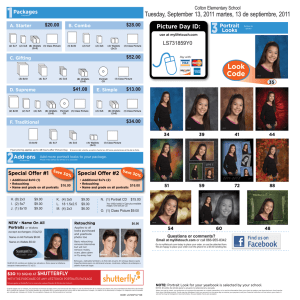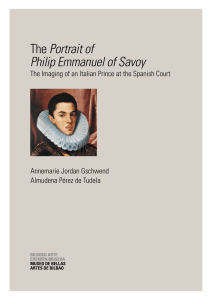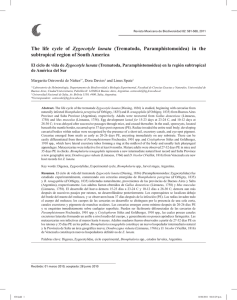giovanni battista tiépolo
Anuncio
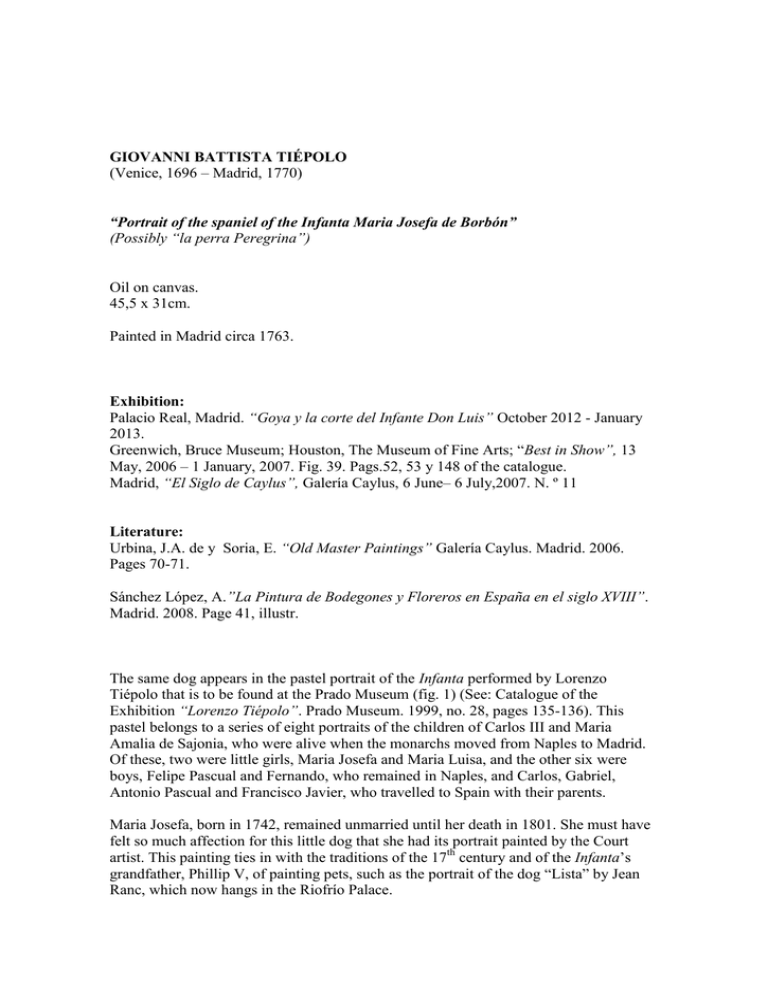
GIOVANNI BATTISTA TIÉPOLO (Venice, 1696 – Madrid, 1770) “Portrait of the spaniel of the Infanta Maria Josefa de Borbón” (Possibly “la perra Peregrina”) Oil on canvas. 45,5 x 31cm. Painted in Madrid circa 1763. Exhibition: Palacio Real, Madrid. “Goya y la corte del Infante Don Luis” October 2012 - January 2013. Greenwich, Bruce Museum; Houston, The Museum of Fine Arts; “Best in Show”, 13 May, 2006 – 1 January, 2007. Fig. 39. Pags.52, 53 y 148 of the catalogue. Madrid, “El Siglo de Caylus”, Galería Caylus, 6 June– 6 July,2007. N. º 11 Literature: Urbina, J.A. de y Soria, E. “Old Master Paintings” Galería Caylus. Madrid. 2006. Pages 70-71. Sánchez López, A.”La Pintura de Bodegones y Floreros en España en el siglo XVIII”. Madrid. 2008. Page 41, illustr. The same dog appears in the pastel portrait of the Infanta performed by Lorenzo Tiépolo that is to be found at the Prado Museum (fig. 1) (See: Catalogue of the Exhibition “Lorenzo Tiépolo”. Prado Museum. 1999, no. 28, pages 135-136). This pastel belongs to a series of eight portraits of the children of Carlos III and Maria Amalia de Sajonia, who were alive when the monarchs moved from Naples to Madrid. Of these, two were little girls, Maria Josefa and Maria Luisa, and the other six were boys, Felipe Pascual and Fernando, who remained in Naples, and Carlos, Gabriel, Antonio Pascual and Francisco Javier, who travelled to Spain with their parents. Maria Josefa, born in 1742, remained unmarried until her death in 1801. She must have felt so much affection for this little dog that she had its portrait painted by the Court artist. This painting ties in with the traditions of the 17th century and of the Infanta’s grandfather, Phillip V, of painting pets, such as the portrait of the dog “Lista” by Jean Ranc, which now hangs in the Riofrío Palace. Carlos Gómez Centurión, Professor of Modern History at the Complutense University in Madrid, has informed us that the accounts for 1764 held in the Palace Archive record that the Infanta María Josefa purchased a basket for her dog, Peregrina, which possibly corresponds to the Spaniel depicted here. There is a curious coincidence between the name of the dog and the famous “peregrina” pearl in the royal collection. This would be yet further proof of the great affection the royal household had for this little dog. Dr. George Knox has confirmed the painting’s authorship and has provided us with all the above information. Authorship has also been confirmed by Dr. Manuela Mena, Curator of the Prado Museum, by Professor Dario Succi in Venice and by Professor Bernard Aikema from the University of Verona. (Fig. 1)
